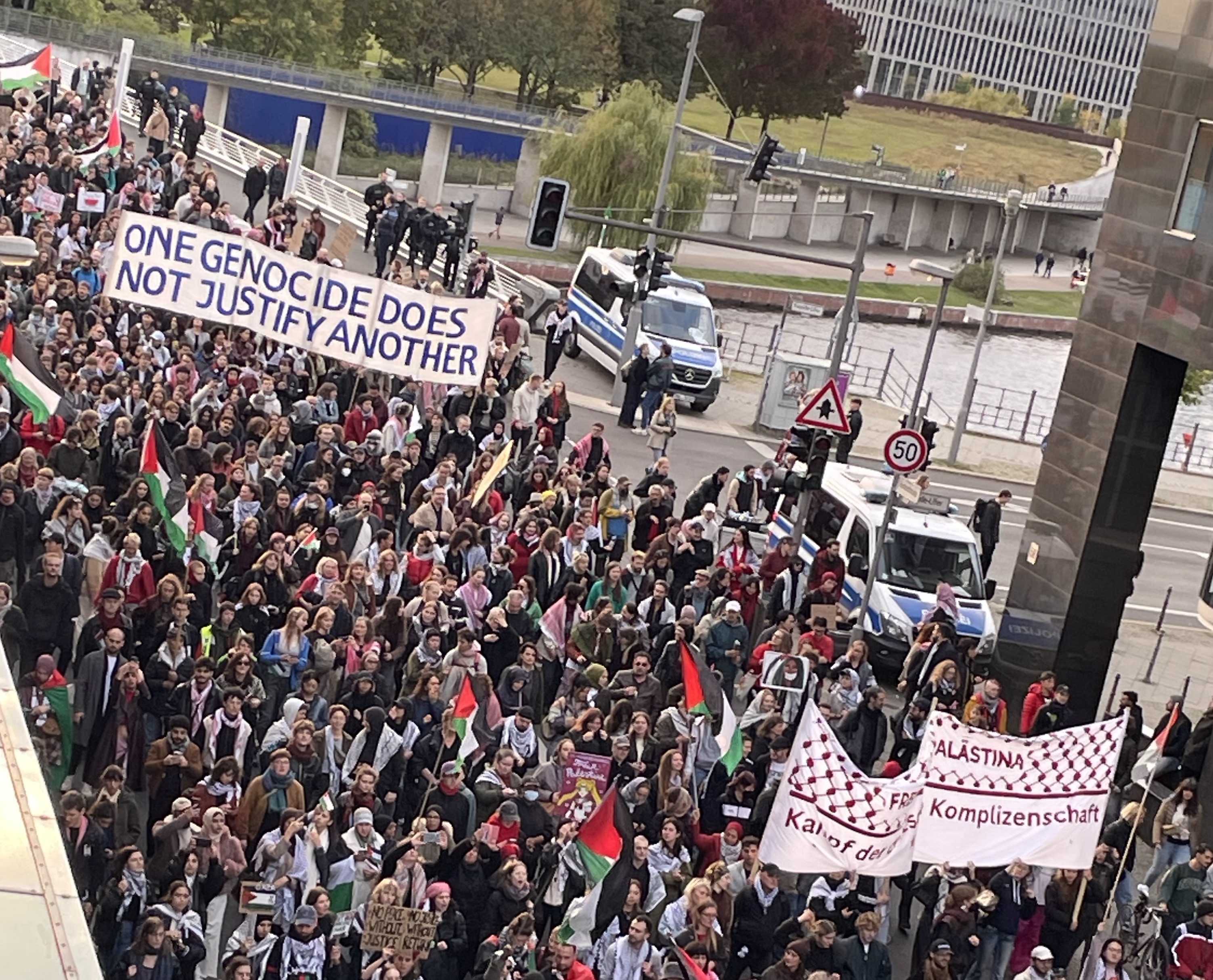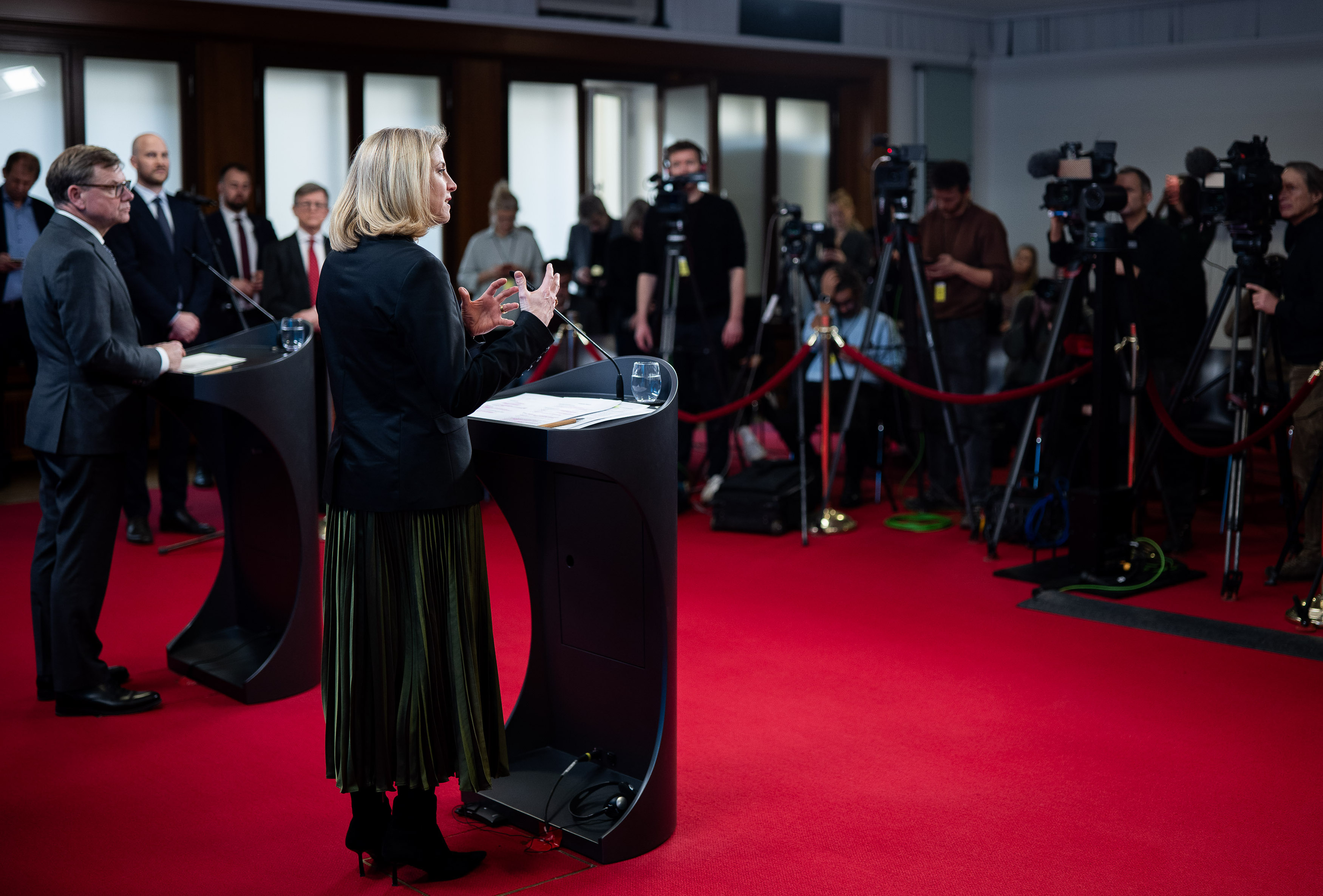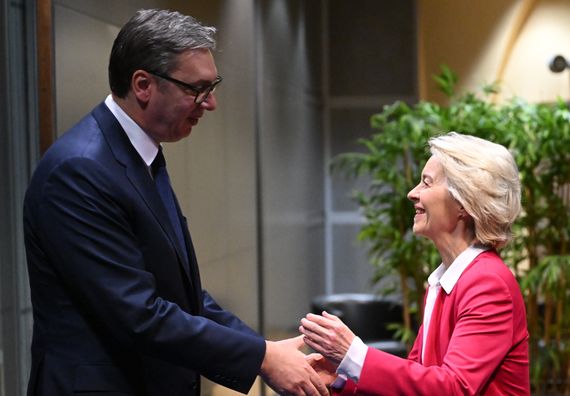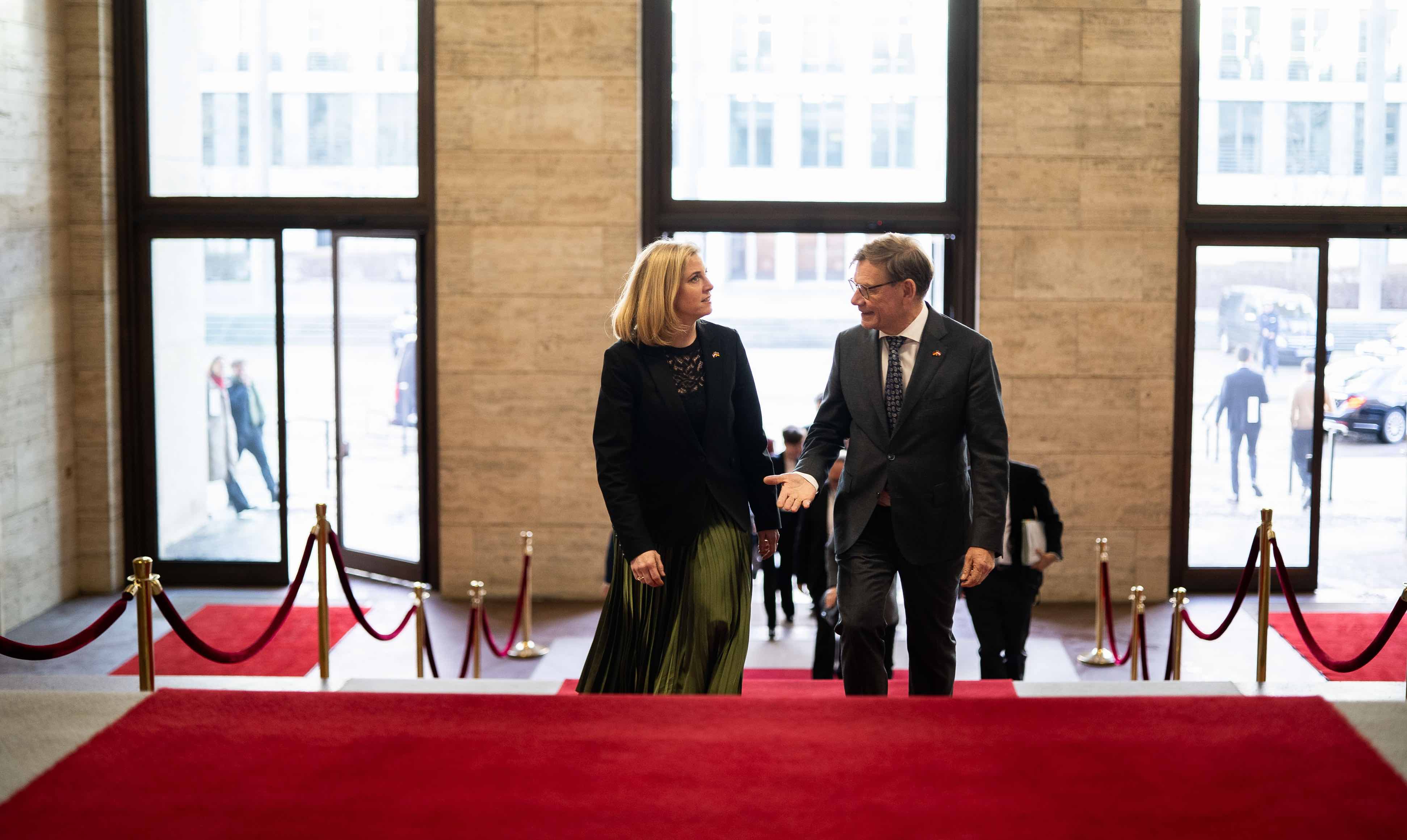diplo.news
Gaza and the media: Waiting for historians
Column by Ewald König

Historians will one day find out how many German media outlets have reported on the war and the reality in the Gaza Strip differently from international, especially Anglo-Saxon, media outlets. They will find out how Springer Media went beyond traditional journalism, providing far more than just reports, analyses and commentaries. Scholars will have to examine what campaigns were conducted. How extensive the journalistic support was for Israel's head of government Benjamin Netanyahu and his government. How mediators like Qatar were tackled with the harshest media attacks. And they will examine how critics of the Israeli government felt they were being silenced with the anti-Semitism club.
They will have to investigate how much Springer media have contributed to the fact that many politicians, scientists, artists and journalists did not dare to express their opinions publicly. They feared being denounced as anti-Semitic if they criticised Netanyahu's actions. They feared this for good reason.
Historians will certainly notice how Springer media reacted when Qatar was praised for its mediation work, whether by US President Donald Trump or by Federal Chancellor Friedrich Merz. Nothing positive about the Gulf state of Qatar was allowed to appear in the newspaper.
Welt and Bild had already set their sights on Qatar before its successful mediation efforts in the Gaza war. This was particularly noticeable after In his summer press conference, Merz had expressly thanked the Emirate for their support in deporting Afghan criminals. Welt responded with a damaging article about Qatar. Welt and Bild took turns in the anti-Qatar campaign. Qatar was portrayed as the world's biggest driver of anti-Semitism and the largest financier of terrorism worldwide.
In autumn 2025, analysts unanimously agreed that Israel's attack on Qatar's capital Doha and its attempt to kill Hamas leaders during negotiations had turned the tide. Washington was upset because it was informed too late, and when Netanyahu announced another attack on Doha, it was too much even for Trump. Trump gave Qatar a guarantee of protection and even got the Israeli head of government to apologize to Qatar and confirm in writing to the Emir that no further attack on Qatar was planned and that Israel was expressly asking the Emir to continue mediation efforts.
Historians will discover that only the Springer press saw it the other way around. It was not Netanyahu who overstepped the mark with the Doha attack and made Trump rethink, but the attack was the reason for the Gulf state to move away from Hamas.
The truth, however, is that Qatar felt so discredited after the missile attack that it even wanted to withdraw from the mediation process altogether. Mediation is generally a thankless task. When mediation fails, mediators run the risk of being accused of bias by both sides. They have to put up with disinformation about themselves. Trump was therefore just able to prevent the Qataris from throwing in the towel.
The vast majority of released hostages were freed as a result of two years of tough mediation efforts carried out by Qatar. Springer media perpetuate the narrative that Qatar is funding Hamas and granting its leaders a luxurious life in Doha. Allegations that have long been refuted, yet they are repeatedly warmed up. Clarifications from the Qatari side were consistently ignored by Springer, such as that all financial support to Gaza down to the cent was controlled precisely by Israel and coordinated by the United Nations. Or that the Hamas political office in Doha was opened not out of sympathy but at the express request of the USA in order to keep indirect channels of communication open.
In his publishing house's latest podcast, however, Springer CEO Mathias Döpfner surprised listeners with a U-turn. He suddenly considered Qatar to be very important in the Gaza deal, both diplomatically and financially. Completely without criticism and without reproach. Late insight? Another scapegoat, namely the incompetent Europeans? Historians will hopefully find out what happened at Springer in September and October 2025.




